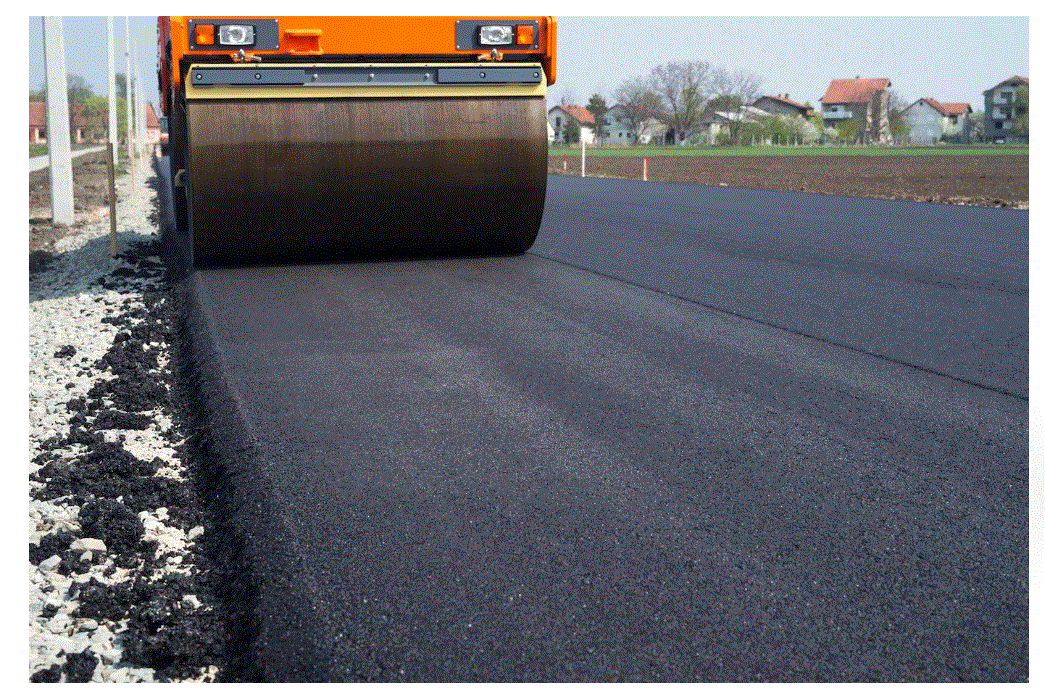When it comes to pipeline construction, selecting the right materials is crucial for the success and longevity of the project. The choice of materials plays a vital role in ensuring the pipeline’s structural integrity, resistance to corrosion, and overall performance. This article aims to provide a comprehensive guide to help project managers and engineers understand the factors to consider when choosing materials for pipeline construction.
Pipeline Function and Environment
The first step in selecting the appropriate materials for Pipeline Construction In Dubai is understanding the intended function of the pipeline and the environmental conditions it will encounter. Pipelines can be used for various purposes, such as transporting oil, gas, water, or chemicals. Each application requires specific material properties to ensure optimal performance and safety.
Considerations include factors such as temperature, pressure, and the presence of corrosive substances. For example, pipelines carrying corrosive chemicals might require materials with exceptional resistance to chemical corrosion, while pipelines transporting natural gas under high pressure might necessitate materials with high tensile strength and toughness.
Material Strength and Durability
Pipeline materials must possess sufficient strength and durability to withstand operating conditions and potential external stressors. The strength of materials is typically measured in terms of yield strength, ultimate tensile strength, and fracture toughness.
Steel, particularly carbon steel, is a commonly used material due to its high strength and durability. It can withstand high pressures and is resistant to deformation. However, other materials such as ductile iron, stainless steel, and various alloys are also suitable options depending on the specific requirements of the pipeline.
Corrosion Resistance
Corrosion is a significant concern in Road Contracting Companies In Dubai, as it can lead to leaks, structural damage, and even environmental hazards. Choosing materials with excellent corrosion resistance is essential to ensure the longevity and safety of the pipeline.
Several factors influence the choice of corrosion-resistant materials, including the type of fluid being transported, the pH level, and the presence of impurities. Coatings, such as epoxy or polyethylene, can be applied to further protect the pipeline from corrosion. Additionally, materials like stainless steel, fiberglass-reinforced plastic (FRP), and certain alloys offer excellent resistance to corrosion in specific environments.
Cost Considerations
While it is crucial to prioritize safety and performance, project managers must also consider the cost implications of choosing pipeline materials. Different materials come with varying price tags, and the overall budget of the project needs to be taken into account.
The cost considerations should include not only the initial material expenses but also the long-term maintenance and operational costs. Some materials may require regular inspections, maintenance, or protective coatings, which can add to the overall expenses over the pipeline’s lifespan.
Environmental Impact
In today’s world, environmental concerns play an integral role in decision-making processes. Pipeline construction should aim to minimize the environmental impact by selecting materials with sustainable attributes.
Consider materials that are recyclable, have a lower carbon footprint, or can be reused after their lifespan. Additionally, evaluate the energy consumption and emissions associated with the manufacturing and transportation of the chosen materials.
Regulatory Compliance and Safety Standards
Compliance with regulatory standards and safety requirements is paramount in pipeline construction. Different regions and industries may have specific guidelines and codes that dictate the materials to be used.
Project managers and engineers must thoroughly research and understand the applicable regulations, ensuring that the chosen materials meet all necessary safety standards. Engaging with industry experts and consultants can help navigate the complex landscape of regulatory compliance.
Conclusion
Selecting the right materials for pipeline construction is a critical decision that directly impacts the success and longevity of the project. Factors such as pipeline function, environmental conditions, material strength, corrosion resistance, cost considerations, and environmental impact all play vital roles in the selection process.
By thoroughly evaluating these factors and consulting with experts, project managers and engineers can make informed decisions that ensure the pipeline’s safety, durability, and compliance with environmental standards. The careful selection of materials will contribute to the overall efficiency and sustainability of the pipeline, meeting the needs of various industries while minimizing risks and maximizing performance.

